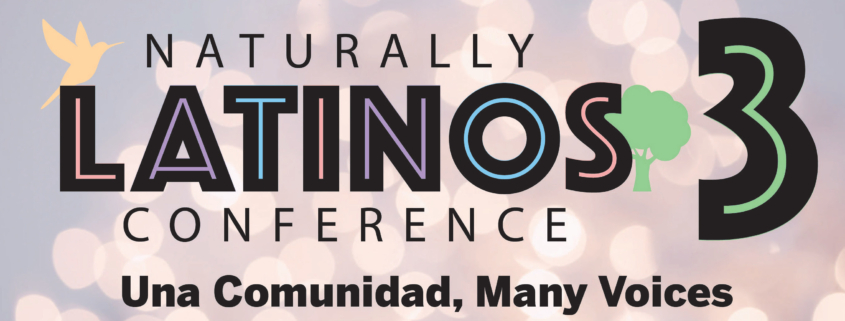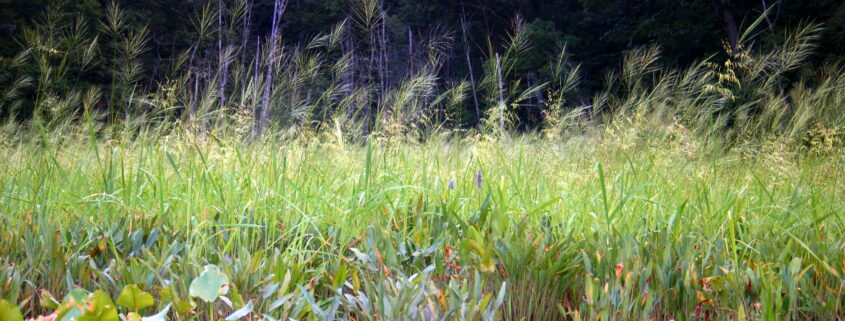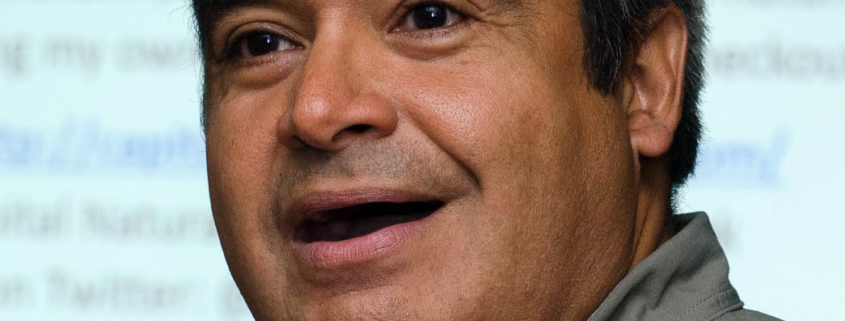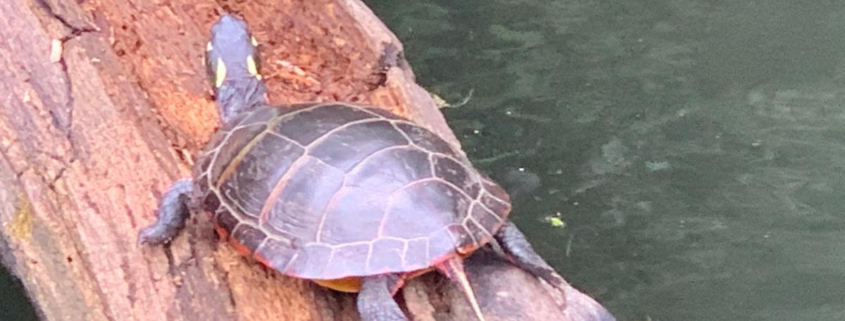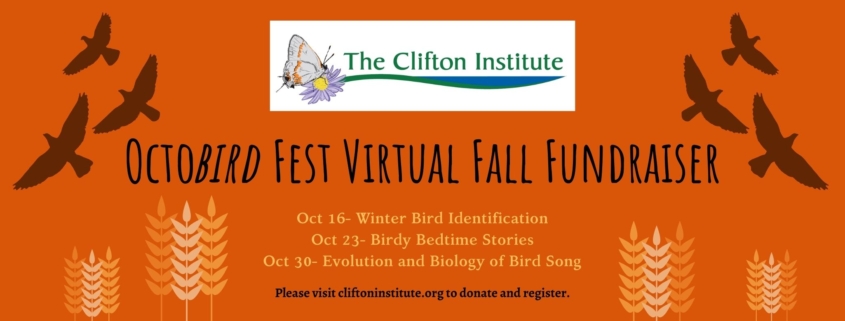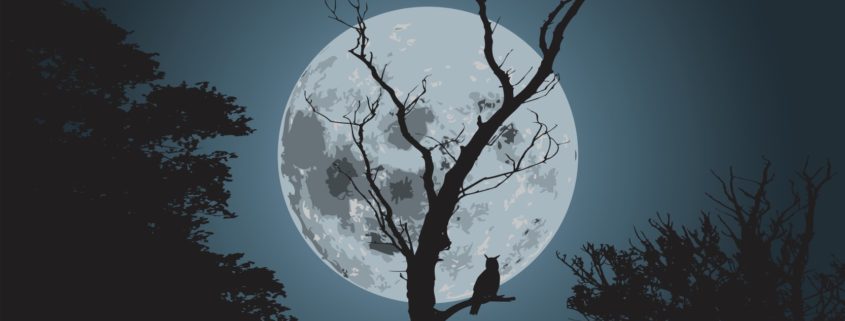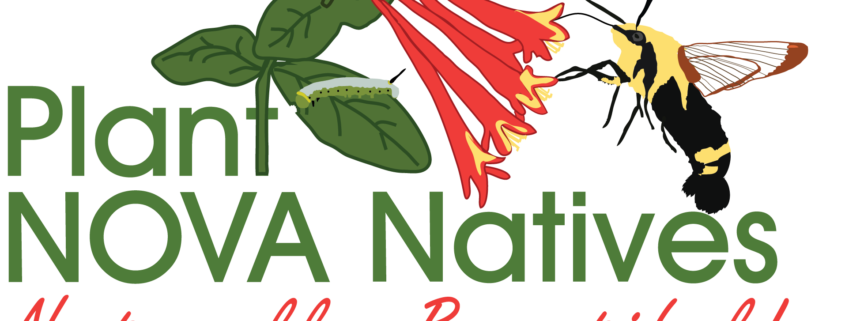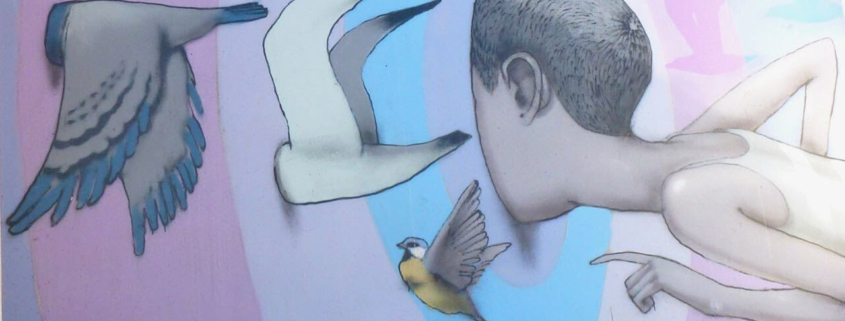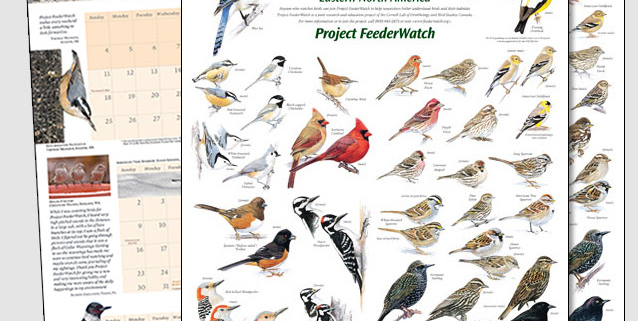Photo: Feederwatch Kit
Thursday, October 29,2020
7 — 8:30 pm
FREE
Register here
Project FeederWatch is the easiest citizen science you will ever do! From the comfort of your home, you simply count the winter birds that visit your feeders and report your data to Cornell Lab of Ornithology.
This FREE Audubon Society of Northern Virginia workshop will cover a bit of the history of Project FeederWatch, its purpose, tips for identifying birds, and the protocols to be followed while counting.
Instructors: Greg is the Migratory Species Coordinator for U.S. Forest Service International Programs. He is a Ph.D. ornithologist who has worked for the National Audubon Society, American Birding Association, Partners in Flight, Birders World (currently BirdWatching) magazine, and Cornell Lab of Ornithology. Greg is a recognized public speaker and interpreter for bird conservation and ecology worldwide. He welcomes the opportunity to contribute to Audubon’s environmental mission at the local level.
Dixie Sommers has been an Audubon member since 1986 and became a serious birder after moving back to the Washington area from Ohio in 2006, adding to her long interest in nature photography and travel. She is an avid e-bird user and enjoys using photography to help learn the birds, and sharing her photos on www.ddpix.smugmug.com.
In addition to favorite places in Virginia, her recent birding travels include Colombia, Tanzania, Texas, California, and Mexico. She is also a board member for the Virginia Society of Ornithology and the Friends of Dyke Marsh. Dixie lives in Alexandria, Virginia and retired from the U.S. Bureau of Labor Statistics after a long career of counting jobs and workers. Now she counts birds!


